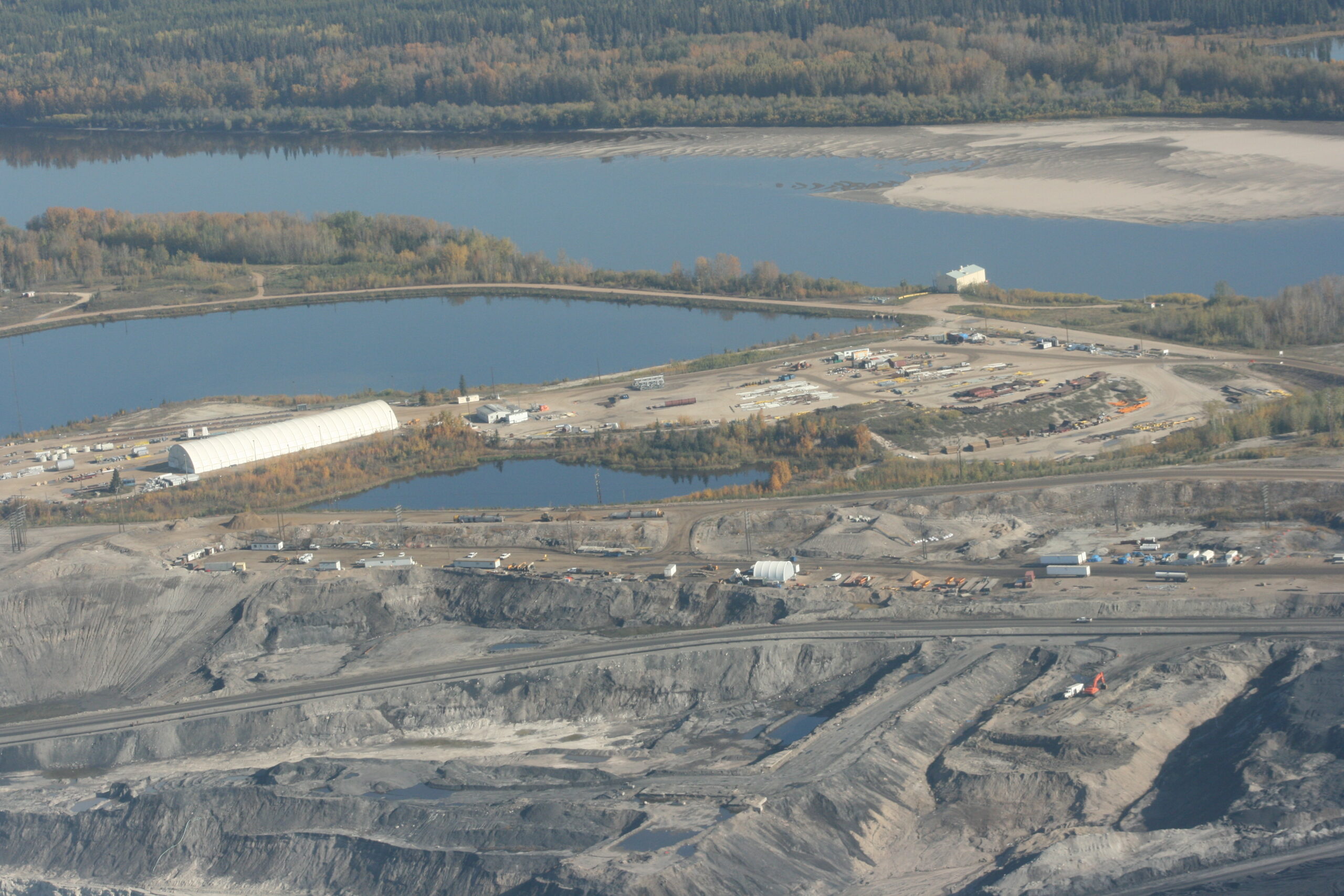Trailblazer: Drawing a line in the sand

Beaver Lake Cree Nation (BLCN) in northern Alberta is taking tangible steps to protect the natural environment by investing in renewable energy with a solar project. The Kuby Energy project, with funding from the Alberta Indigenous Solar Program and Keepers of the Athabasca, has trained community members to install solar modules in their community; these modules will offset over 15 tons of carbon emissions every year.
“If we are conscious of the energy choices we make, then putting in renewable energy systems, like solar, that move us closer to sovereignty, becomes an act of colonial resistance and the start of a path to reconciliation and addressing the intergenerational trauma that comes from the on-going desecration of Mother Earth for fossil fuel extraction.” Crystal Lameman, BLCN
These investments into renewable energy systems come at the same time BLCN is undergoing a legal battle over the “largest and most destructive industrial project in human history”, the oil sands. The oilsands development in northern Alberta – also known as the tar sands – is the largest source of greenhouse gas emissions in Canada.
“Canada and Alberta have issued more than 19,000 individual authorizations (permits), which have translated into 300 individual industrial projects that take up more than 90 per cent of Beaver Lake Cree traditional territory. As a result, the once-pristine forest and hunting grounds are now covered with over 35,000 oil and gas sites, 21,700 kilometres of seismic lines, 4,028 kilometres of pipeline, and 948 kilometres of road – with devastating effects on wildlife populations like the woodland caribou and fish species.” Susan Smitten, Briarpatch
In 2008, BLCN launched a legal challenge against both the Alberta and federal governments. The lawsuitalleges that the development permits were granted without adequate consultation, in violation of both Treaty 6 and the United Nations Declaration on the Rights of Indigenous Peoples (UN Declaration).
Treaty 6 was signed in 1876 and included a solemn promise that the signatories – including the Beaver Lake Cree – would be able to maintain their way of life. The agreement affirms the BLCN’s right to hunt, trap, fish, and gather in perpetuity both in their traditional territory and beyond. The opening of the territory to tar sands development has resulted in the loss of animal habitats and the degradation of land and water resources. BLCN is suing the provincial and federal governments for failing to upholdtheir rights guaranteed under Treaty 6, claiming that the territory can no longer support their way of life. The lawsuit states that the development permits have impacted the territory to the extent that a of treaty rights is no longer possible.
Canada and Alberta claim that the duty to consult has been fulfilled, but BLCN is seeking the implementation of their right to free, prior, and informed consent, as outlined in international law through Article 19 of the UN Declaration. This part of the legal challenge will be especially precedent-setting for Canada because in June 2019, Bill C-262, which would have established a legislative framework for the implementation of the UN Declaration in Canada, failed to pass through the Senate.
Beyond the hugely important matters of Indigenous sovereignty and reconciliation, this trial impacts all people in Canada because the tar sands represent one of the biggest impediments to Canada achieving the targets set in the 2015 Paris Agreement.
“There is no scenario in which tar sands production increases and the world achieves the Paris goals.” Oil Change International
With 96% of Canada’s proven oil reserves located within the tar sands, BLCN could make a lot of money by embracing the oil industry. Instead of taking a short-term view, BLCN is investing in their future by fighting for their land. The determination shown by the Beaver Lake Cree Nation in fight advocating for their treaty rights, coupled with investments in a clean energy future, show that they are ready for a future based on sustainability and community empowerment.
You can learn about and/or donate to help cover trial costs.



